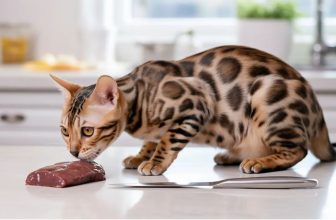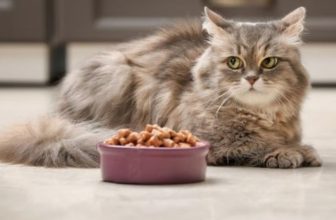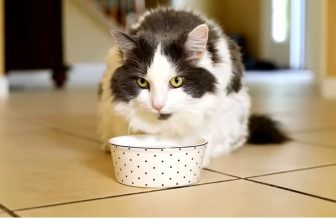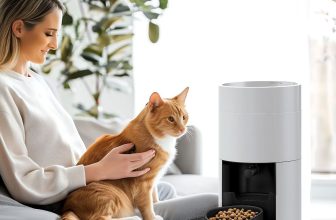What Do Cats Drink : Unveiling Feline Beverage Choices
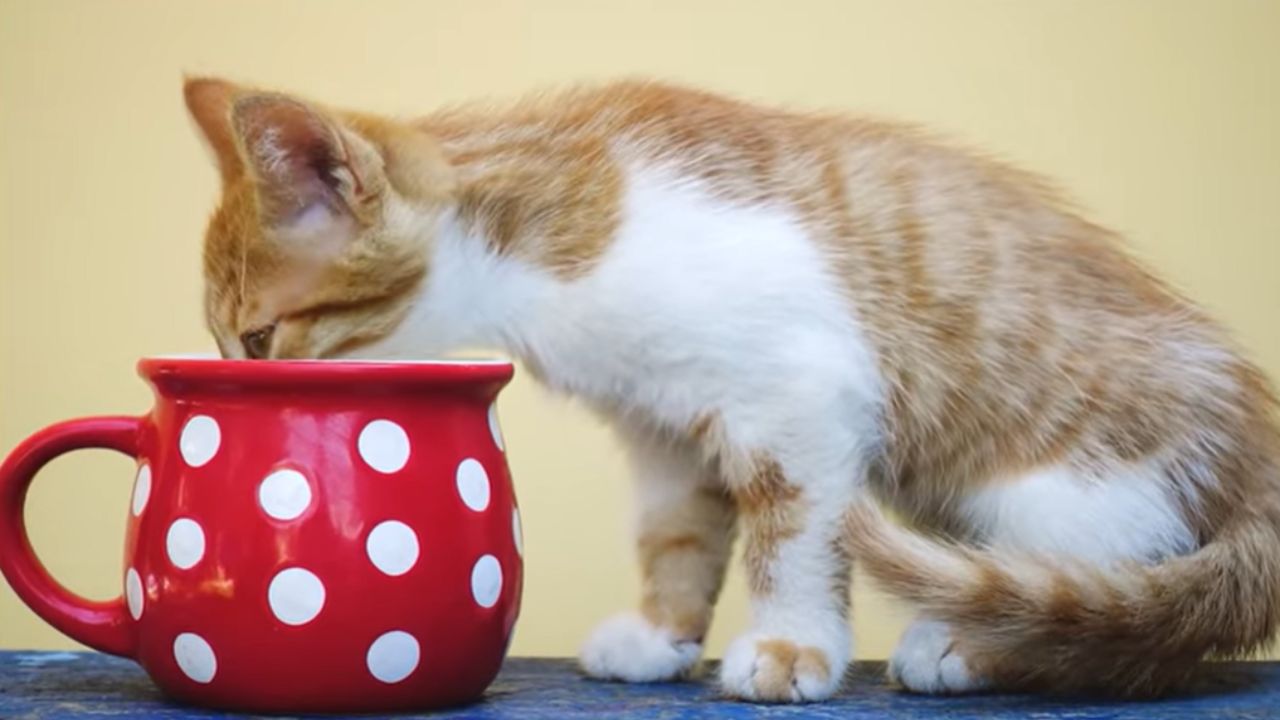
What do cats drink? Primarily, cats drink water—it’s vital for their health, hydration, and kidney function. But many cat owners wonder if cats can drink anything else. While water is essential, some cats may show interest in milk or specially formulated cat drinks. However, these aren’t always safe. Wild cats get moisture from prey, so domestic cats sometimes need encouragement to drink more. Understanding feline hydration helps prevent issues like dehydration. Knowing what cats should or shouldn’t drink ensures a healthier, happier pet. In this post, we’ll explore safe drink options and how to support your cat’s water intake daily.
Water: The Essential Drink
Cats are fascinating creatures with unique habits. Understanding their needs is crucial for their health. One of the most important aspects of a cat’s care is ensuring they have the right drink. Water is an essential drink for cats. It keeps them hydrated and healthy. This blog post explores what cats drink, focusing on water as their primary source of hydration.
Importance Of Hydration
Cats need water to stay healthy and active. Hydration is vital for their well-being. Without enough water, cats can face health issues. Their kidneys need water to function properly. It helps with digestion and temperature regulation. Here are some reasons why hydration is crucial for cats:
- Vital Organ Function: Water supports kidney health and prevents urinary issues.
- Digestion: Helps break down food and absorb nutrients efficiently.
- Temperature Control: Keeps body temperature stable, especially in hot weather.
- Energy Levels: Hydrated cats are more active and playful.
A table showcasing water’s role in cat health:
| Function | Role of Water |
|---|---|
| Kidney Health | Flushes out toxins |
| Digestion | Aids in nutrient absorption |
| Temperature Control | Regulates body heat |
| Energy Levels | Boosts activity |
Daily Water Needs
Cats have specific daily water needs. Meeting these needs is crucial for their health. Each cat’s requirements may vary based on age, size, and diet. Generally, cats should drink about 60 ml of water per kg of body weight. Some factors influencing their water intake are:
- Diet Type: Wet food provides more moisture; dry food requires more water.
- Activity Level: Active cats may need more water to stay hydrated.
- Environment: Hot weather increases water needs.
Providing fresh water daily is essential. Cats prefer clean and cool water. They might enjoy drinking from running taps or fountains. Here are some tips to ensure your cat drinks enough water:
- Multiple Water Bowls: Place bowls around the house for easy access.
- Fresh Water: Change water regularly to keep it clean.
- Wet Food: Incorporate wet food into their diet for extra moisture.
- Water Fountain: Consider a pet fountain to encourage drinking.
Milk Myths
Cats are often pictured sipping milk, but this is not always true. Milk myths have shaped our understanding of what cats drink. People often think cats love milk because it is creamy and rich. But milk isn’t always good for cats. Many cats can’t digest it well. It’s crucial to know the facts about cats and their drinking habits.
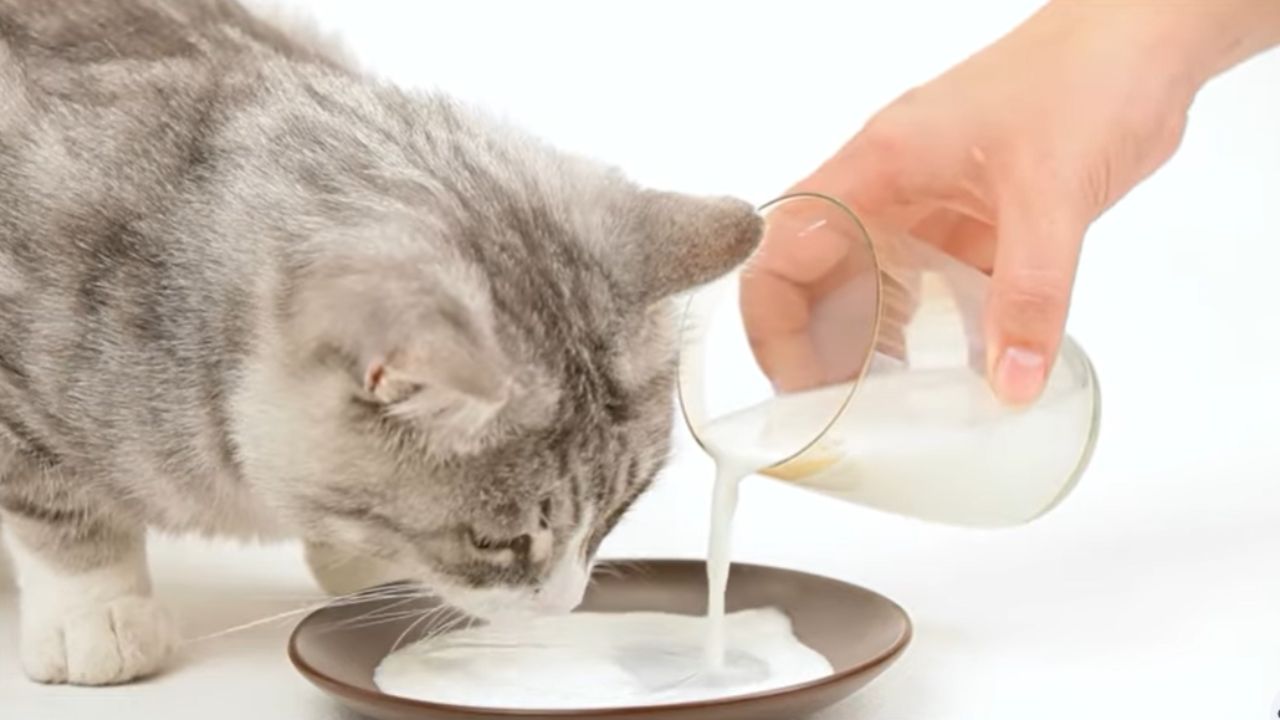
Cultural Beliefs
Cats and milk have a strong link in many cultures. Some people believe cats need milk to be healthy. This belief is rooted in stories and old practices. Farmers often gave milk to cats. They thought it was a treat and a good meal. But not all cats enjoy milk. Some cats prefer water. Giving milk to cats can cause stomach issues for some. Here are some common beliefs about cats and milk:
- Milk is a treat for cats.
- Cats love the creamy taste of milk.
- Milk is good for cat bones.
These beliefs are common but not always correct. Cats need water more than milk. Water keeps them hydrated. It helps them stay healthy. Milk myths can lead to wrong choices for cat owners. Understanding cats’ real needs is important.
Lactose Intolerance
Many cats have lactose intolerance. Lactose is a sugar in milk. Some cats can’t digest lactose. It causes stomach problems. Symptoms include diarrhea and upset stomach. Not all cats are lactose intolerant, but many are. Here’s what lactose intolerance means for cats:
- Stomach pain after drinking milk.
- Diarrhea and gas.
- Foul-smelling stools.
If a cat shows these signs, it might be lactose intolerant. Water is the best drink for cats. Cats need fresh, clean water every day. Milk myths might make people give milk to cats. It’s important to know the truth. Cats can enjoy small amounts of milk if they are not lactose intolerant. But water is always safe. Understanding lactose intolerance helps keep cats healthy and happy.
Commercial Cat Drinks
Cats are intriguing creatures with unique dietary needs. While many people think of milk when they consider what cats drink, it’s not always the best choice. Cats mainly need water, but there are other commercial drinks made just for them. These drinks can help keep cats hydrated and healthy. Commercial cat drinks are a great way to provide extra fluids, especially for cats who don’t drink enough water on their own.
Wet Food Benefits
Wet food is not just about nutrition. It is also about hydration. Wet food has a high moisture content, which helps keep cats hydrated. This is crucial for their health. Cats, by nature, don’t often feel thirsty. They rely on their food for water intake. Here are some benefits of wet food:
- High water content: Helps prevent dehydration.
- Supports kidney health: More moisture helps kidneys function well.
- Better digestion: Easier for cats to digest wet food.
In a simple comparison, dry food contains about 10% water. Wet food, on the other hand, can have up to 80% water. This large difference makes wet food a better option for hydration. Cats that eat wet food regularly are less likely to develop urinary issues. Adding wet food to a cat’s diet can significantly improve their overall health.
Broths And Soups
Broths and soups are another way to provide cats with extra fluids. These are specially made for cats and are different from human soups. Cat broths and soups contain essential nutrients and are safe for feline consumption. They are a tasty way to add variety to a cat’s diet.
Some benefits of broths and soups include:
- Enhanced hydration: Adds extra fluids to their diet.
- Appetizing flavors: Encourages picky eaters to consume more.
- Nutrient-rich: Often fortified with vitamins and minerals.
Broths and soups can be served alone or poured over regular food. This makes them versatile and easy to include in a cat’s diet. Cats that enjoy broths and soups tend to have better hydration levels. It’s a simple way to ensure they get enough liquids without forcing them to drink plain water. Offering a variety of drinks can keep cats happy and healthy.
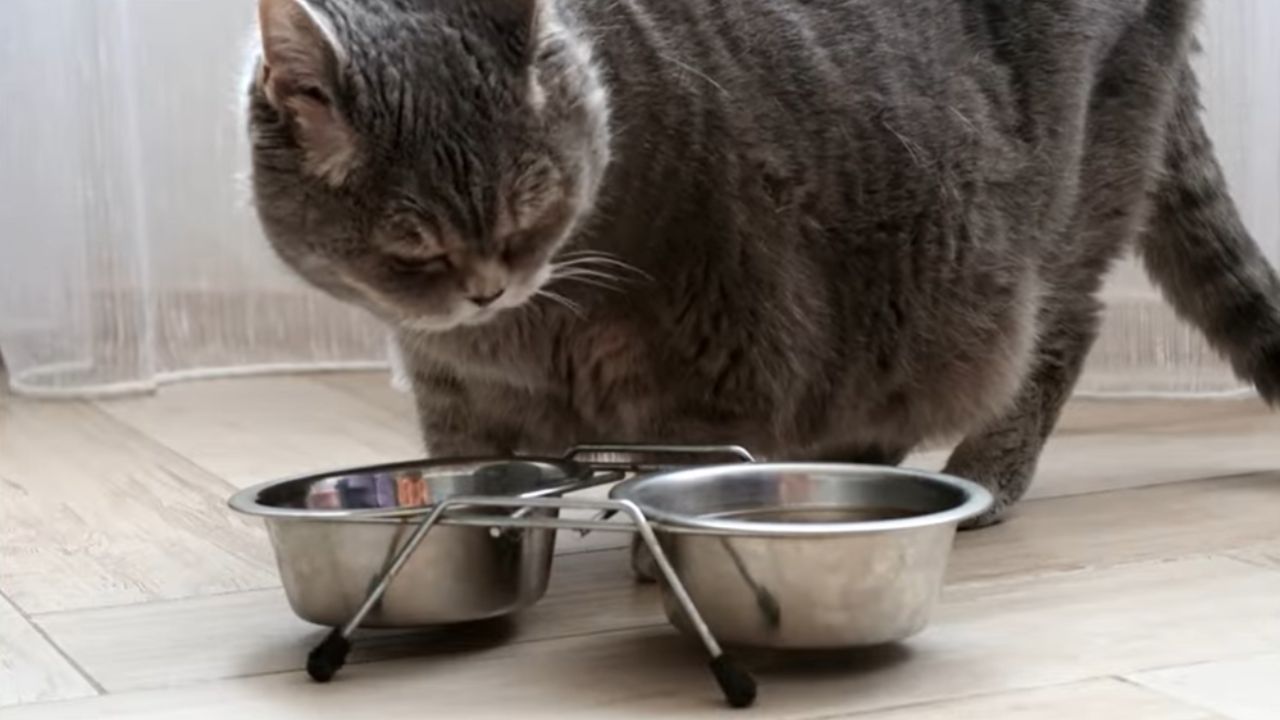
Homemade Options
Cats are curious creatures, and their diet includes more than just food. Understanding what cats drink is important for their health. Water is essential, but there are other options. Homemade drinks can be a good way to ensure they stay hydrated. Let’s explore some interesting ideas for homemade cat drinks.
Infused Water Ideas
Infused water can be a fun way to encourage cats to drink more. It’s simple to make and can be tailored to their preferences. Here are some ideas:
- Chicken or fish broth: Add a small amount to the water. It enhances flavor and keeps cats interested.
- Catnip infusion: Steep catnip leaves in water. Cats love catnip, and this can be a refreshing treat.
- Pumpkin infusion: Use pumpkin puree. It adds a hint of flavor and is safe for cats.
When making infused water, keep these tips in mind:
| Tip | Details |
|---|---|
| Use fresh ingredients | Ensure freshness for maximum taste. |
| Keep portions small | Too much can upset their stomach. |
| Monitor reactions | Watch for any signs of allergies. |
Feline-friendly Herbal Teas
Herbal teas can be a unique drink option for cats. They can have calming effects and are generally safe. Here are some teas that are good for cats:
- Chamomile tea: Known for its soothing properties. It can help relax anxious cats.
- Valerian root tea: Acts as a mild sedative. Ideal for stressed cats.
- Licorice root tea: Good for digestive health. Helps with stomach issues.
Preparation is simple:
- Steep herbs in hot water for 5 minutes.
- Cool tea before serving.
- Offer in small amounts.
Always check with a vet if unsure. Some herbs might not suit every cat. Watching their response to new drinks is important.
Hydration From Food
Cats are fascinating creatures with unique dietary needs. Understanding what they drink is vital for their health. While water is essential, many cats get hydration from their food. Foods with high moisture content contribute significantly to their daily water intake. This is crucial for cats who prefer eating over drinking water. Let’s explore how different foods provide hydration.
Moisture In Wet Food
Wet food is a popular choice for cat owners. It’s rich in moisture and provides essential hydration. Cats often prefer wet food because it’s closer to their natural diet. The high water content helps keep them hydrated, especially if they dislike drinking from a bowl. Wet food typically contains:
- 70-80% water, making it an excellent hydration source.
- Nutrients and flavors that appeal to cats.
- Variety in texture can be more enticing.
Choosing wet food can prevent dehydration-related issues. It’s important for urinary health and maintaining kidney function. Some cat owners mix wet and dry food for balanced nutrition. This combination provides both moisture and the crunch cats love. Regularly feeding wet food can ensure your cat stays hydrated and healthy.
Fresh Fruits And Veggies
Fruits and vegetables aren’t typical in a cat’s diet. Yet, some can provide extra hydration. Many fruits and veggies have high water content. They can be a refreshing treat for cats. Safe options include:
- Cucumber slices, which are mostly water.
- Small pieces of watermelon offer hydration and sweetness.
- Steamed zucchini is soft and moist.
Not all fruits and veggies are safe for cats. Avoid grapes, onions, and garlic. They can be toxic. Always introduce new foods slowly. Watch for any adverse reactions. Fresh produce should be an occasional treat, not a staple of the diet. Providing these treats can supplement hydration, especially during warm weather. Always consult a veterinarian if you are unsure about feeding certain foods.
Signs Of Dehydration
Cats are known for their independent nature, but just like all living beings, they need proper hydration to stay healthy. Water is the primary drink for cats, and ensuring they consume enough is crucial for their well-being. Dehydration can lead to serious health issues, so cat owners need to recognize the signs. Knowing what your cat should drink and identifying signs of dehydration can help you keep your feline friend healthy.
Physical Symptoms
Recognizing the physical signs of dehydration in cats can help prevent serious health problems. Lethargy is a common symptom. Your cat may seem unusually tired or less playful. Dry gums and a sticky mouth are also indicators. You can check this by gently touching your cat’s gums. They should feel moist. If they are dry, it may be a sign of dehydration.
Another method is the skin tent test. Gently pull up the skin on your cat’s back. It should snap back quickly. If it takes time, your cat might be dehydrated. Sunken eyes can also be a symptom. Cats’ eyes should look bright and clear. If they appear dull or sunken, consider it a warning sign.
- Lethargy and tiredness
- Dry gums and sticky mouth
- Skin tent test: Slow return of skin
- Sunken or dull eyes
When To Seek Help
Knowing when to seek help is vital for your cat’s health. If symptoms persist despite efforts to hydrate your cat, it’s time to consult a veterinarian. Immediate help is necessary if your cat refuses to drink water for more than a day. Rapid weight loss is another red flag. Cats can lose weight quickly when dehydrated. Vomiting and diarrhea can worsen dehydration. These symptoms need immediate attention.
Persistent symptoms like loss of appetite or weakness should also prompt a vet visit. Cats can hide their discomfort well, so any behavior changes should be noted. Frequent urination or struggling to urinate can indicate dehydration or other health issues.
| Symptoms | Action |
|---|---|
| Refusal to drink water | Consult a vet |
| Rapid weight loss | Seek immediate help |
| Vomiting and diarrhea | Visit the vet |
| Loss of appetite | Schedule a check-up |
| Frequent urination | Get professional advice |
Encouraging Drinking
Cats are fascinating creatures with unique habits, and one of their vital needs is drinking. Ensuring that cats drink enough is crucial for their health. Cats are known for being finicky, and their drinking habits can sometimes be mysterious. Encouraging drinking can be a challenge, but understanding their preferences can help. This blog post explores some effective ways to encourage your feline friends to stay hydrated.
Water Bowls Vs. Fountains
Choosing the right water source for cats is essential. Water bowls are the traditional choice. They are simple and easy to maintain. However, many cats find stagnant water unappealing. Water fountains offer a solution. They provide a steady flow of fresh water. Cats are often attracted to the sound and movement of fountains.
Here are some pros and cons:
- Water Bowls: Easy to clean, but water can become stale.
- Water Fountains: Keep water fresh, but they require regular maintenance.
Cats prefer running water. It’s more natural for them. Fountains mimic streams, which they would find in the wild. This can encourage more frequent drinking.
Consider these factors:
| Factor | Water Bowls | Water Fountains |
|---|---|---|
| Maintenance | Low | Medium |
| Water Freshness | Stagnant | Fresh |
| Appeal to Cats | Low | High |
Adding Flavor
Enhancing water with flavors can make it more appealing to cats. Many cats are drawn to flavors they recognize. Adding a hint of chicken or fish can entice them. It’s important to use safe, cat-friendly options.
Consider these methods:
- Chicken Broth: Dilute with water for a mild flavor.
- Fish Flakes: A small pinch can add aroma.
Ensure the flavors are natural. Avoid artificial additives. Cats have sensitive stomachs, so it’s essential to keep their water safe.
Adding flavor can be a temporary solution. It should not replace regular fresh water. It’s best used to encourage initial drinking habits or during times of dehydration.
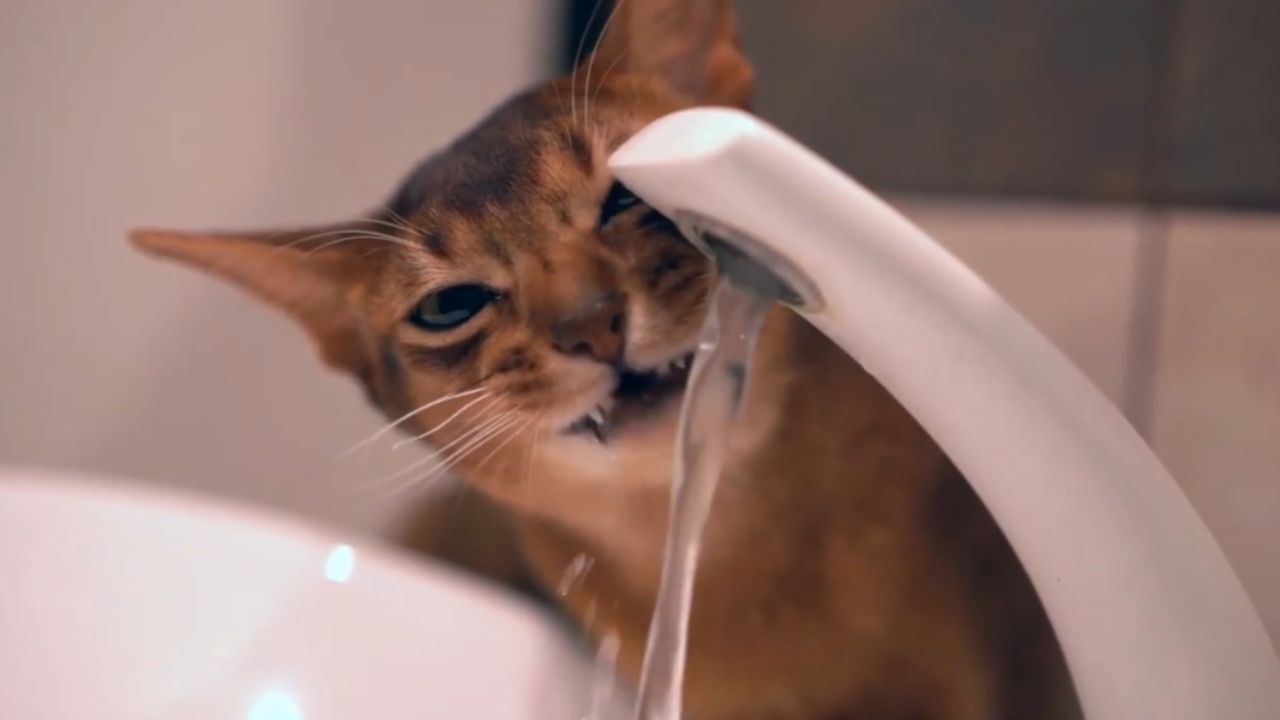
Toxic Drinks To Avoid
Cats are curious creatures, and their inquisitive nature often leads them to explore the world around them, including the contents of their owner’s glasses. Understanding what cats drink is crucial for their health. Not all liquids are safe for your feline friend. Some can be toxic, leading to severe health problems. Knowing which drinks to avoid is essential for a responsible pet owner.
Caffeine And Alcohol
Cats should never consume caffeine or alcohol. These substances can be highly toxic to felines. Even small amounts can cause serious health issues. Caffeine affects their heart rate, leading to abnormal rhythms. It can also cause muscle tremors and restlessness. Symptoms like vomiting and diarrhea are common.
Alcohol is equally dangerous for cats. It can depress their nervous system, leading to lethargy. In severe cases, alcohol consumption can cause respiratory failure. Cats have a much lower tolerance for alcohol than humans. Even a small sip can be harmful.
- Symptoms of caffeine poisoning: Rapid breathing, tremors, vomiting.
- Symptoms of alcohol poisoning: Lethargy, decreased coordination, vomiting.
Keeping caffeine and alcohol out of reach is vital. Always ensure that drinks containing these substances are stored safely. Pet owners should be vigilant to protect their cats from accidental consumption.
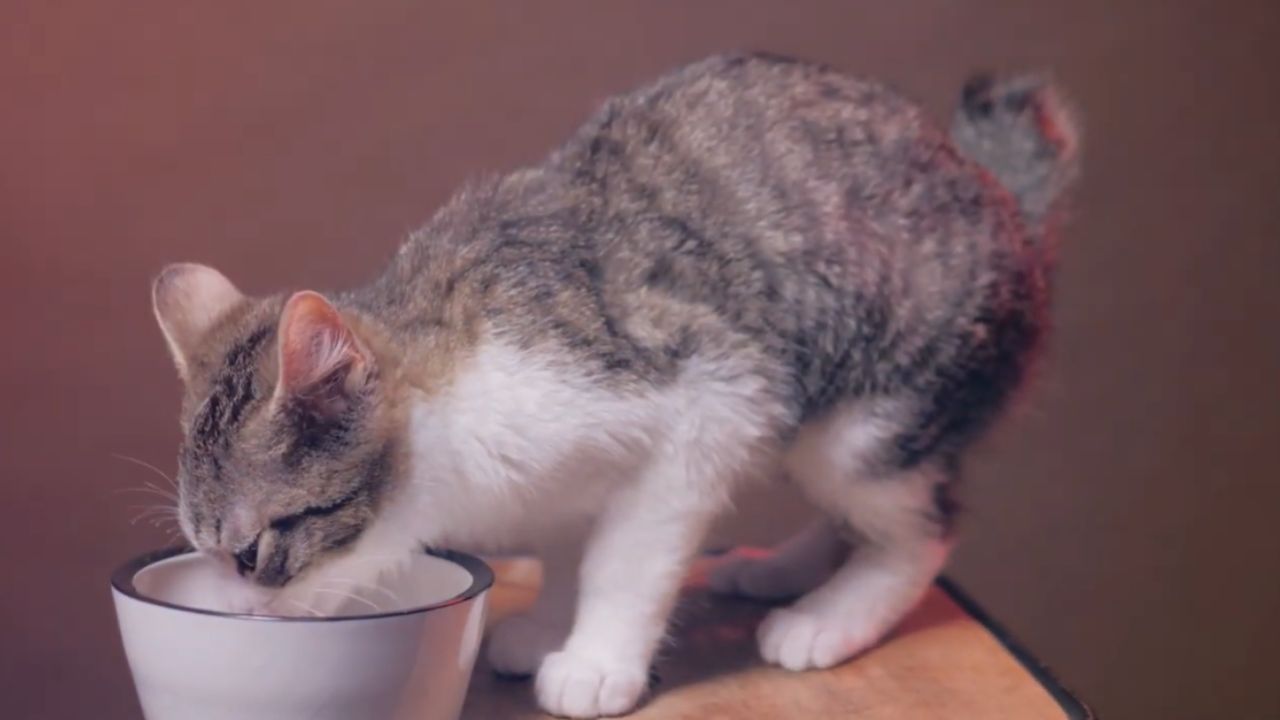
Unsafe Plants
Many plants contain liquids that are harmful to cats. Some common houseplants can be dangerous if ingested. The liquid inside these plants can lead to various health problems. Cats may experience vomiting and diarrhea after ingesting plant liquids.
Plants like lilies, azaleas, and sago palms are particularly dangerous. Lilies can cause kidney failure. Azaleas can lead to vomiting and cardiac problems. Sago palms can cause liver damage.
| Plant | Potential Harm |
|---|---|
| Lilies | Kidney failure |
| Azaleas | Vomiting, cardiac issues |
| Sago’s palms | Liver damage |
Keeping these plants out of reach is essential. Pet owners should research any new plant before bringing it home. This ensures the safety of their feline companions.
Frequently Asked Questions: What Do Cats Drink?
What Liquids Do Cats Drink?
Cats primarily drink water to stay hydrated. Some may occasionally enjoy specialized cat milk as a treat. Avoid giving them cow’s milk, as it can cause digestive issues. Always ensure fresh, clean water is available for your cat.
What Is A Cat’s Favorite Thing To Drink?
Cats love drinking fresh, clean water. It’s essential for their health and hydration. Milk is often mistaken as a favorite, but many cats are lactose intolerant. Always provide fresh water daily to keep your cat happy and healthy.
Can Cats Have Milk To Drink?
Cats often struggle to digest lactose found in milk. Most adult cats are lactose intolerant. Offering water is safer. Milk can cause stomach upset or diarrhea in cats. Special lactose-free cat milk is available if you wish to treat them. Always consult a vet for dietary advice.
Can You Give A Cat Gatorade?
It’s not recommended to give cats Gatorade. Cats need water and may require electrolytes from a vet. Gatorade contains sugars and additives that can harm cats. Always consult a veterinarian for the best hydration advice for your pet.
What Do Cats Usually Drink?
Cats usually drink water. It’s vital for their health and hydration.
Conclusion
Cats mainly drink water. It’s essential for their health. Milk can be a treat, but not all cats digest it well. Always provide fresh water daily. Watch for dehydration signs like dry gums. Some cats enjoy broths but choose low-sodium ones.
Keep an eye on their drinking habits. Changes might mean health issues. Remember, proper hydration keeps cats happy and healthy. Always consult a vet if unsure about what your cat should drink. Caring for your cat means understanding their needs.
Hydration is key. Give them the best care possible. They’ll love you for it.



